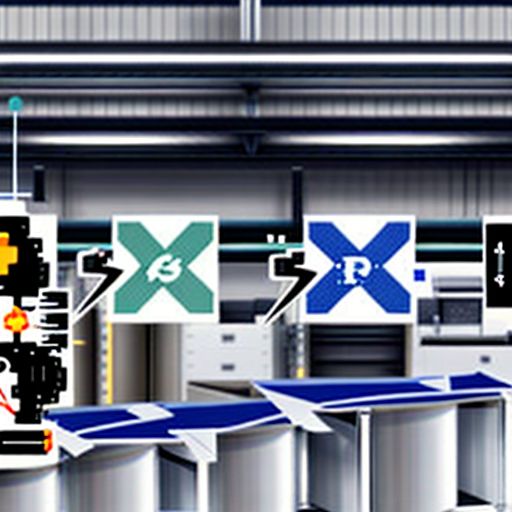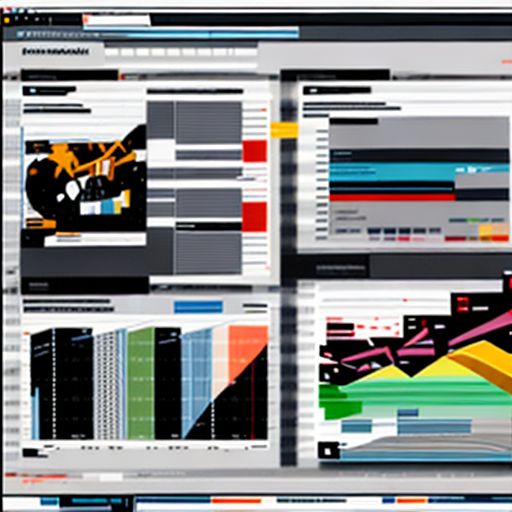In today’s rapidly evolving technological landscape, businesses are constantly seeking ways to streamline operations, enhance efficiency, and gain a competitive edge. One such solution that has gained immense popularity is Erp Cloud Software. But what exactly is it, and how can it benefit your business? This comprehensive guide will delve deep into the world of ERP cloud software, exploring its intricacies, benefits, and answering your most pressing questions.
erp.bartenderqh.com/wp-content/uploads/2024/07/CloudERP-669494.jpg" alt="Cloud ERP Illustration" width="512" height="512">Cloud ERP Illustration
What is Erp Cloud Software?
ERP stands for Enterprise Resource Planning. In essence, it’s a suite of integrated applications designed to manage core business processes from a central location. This includes everything from accounting and finance to inventory management, human resources, and customer relationship management (CRM).
Cloud-based ERP software, as the name suggests, takes this functionality to the cloud. Instead of hosting the software on your own servers, you access it via the internet, much like you would with email or online banking. This offers numerous advantages over traditional, on-premises ERP systems.
Why is Erp Cloud Software Important?
The shift towards cloud-based solutions is revolutionizing how businesses operate. Here’s why ERP cloud software is becoming increasingly crucial:
- Cost-Effectiveness: Cloud ERP eliminates the need for costly hardware investments, maintenance, and IT staff, making it a more affordable option, especially for small and medium-sized enterprises (SMEs).
- Scalability & Flexibility: As your business grows, so can your ERP system. Cloud solutions allow you to easily scale up or down based on your needs, ensuring you only pay for what you use.
- Accessibility & Mobility: Access your business data and applications from anywhere, anytime, on any device with an internet connection. This empowers remote work and enhances collaboration.
- Enhanced Security: Reputable cloud providers offer robust security measures, including data encryption and disaster recovery plans, often surpassing what most businesses can achieve independently.
- Automatic Updates: Say goodbye to manual software updates. Cloud ERP providers handle all maintenance and updates, ensuring you always have access to the latest features and security patches.
Frequently Asked Questions About Erp Cloud Software
The decision to migrate to the cloud is a significant one. Here are some of the most common questions businesses have:
What are the different types of ERP cloud deployment models?
- Public Cloud: The most common and cost-effective option, where resources are shared with other organizations.
- Private Cloud: A dedicated cloud environment for a single organization, offering greater control and security.
- Hybrid Cloud: A combination of public and private cloud environments, allowing businesses to leverage the benefits of both.
Is cloud ERP secure?
Security is a top priority for cloud providers. Data is typically encrypted both in transit and at rest, and access is strictly controlled. However, it’s crucial to choose a reputable provider with a proven track record.
How much does Erp Cloud Software cost?
Pricing varies depending on factors like the number of users, required features, and chosen deployment model. However, cloud ERP generally offers a lower total cost of ownership compared to on-premises solutions.
What are the challenges of implementing Erp Cloud Software?
While cloud ERP offers numerous benefits, challenges can arise during implementation, including data migration, integration with existing systems, and user adoption. Proper planning and vendor selection are crucial for a smooth transition.
The Future of Business is in the Cloud
ERP cloud software is not just a passing trend; it’s the future of business management. By embracing the power of the cloud, organizations can streamline operations, improve efficiency, and position themselves for sustained growth in the digital age.










